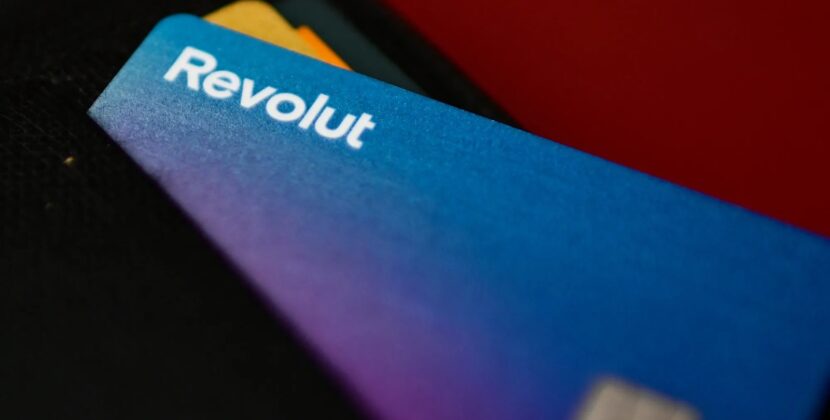Tether, a digital asset company that issues the stablecoin USDT ( Tether) has announced in the UAE its plans to add a new Dirham backed stablecoin.
According to the press release, the new stablecoin pegged to the United Arab Emirates Dirham (AED) is set to be launched in collaboration with UAE’s Phoenix Group, a Web3 investor and Bitcoin mining conglomerate.
Also onboard is Green Acorn Investments. The Tether dirham backed stablecoin will need to be licensed from the UAE Central Bank which recently came out with its Payment Token services regulation. The regulation notes that only dirham backed stablecoins can be used as legal tenders for the purchase of goods and services within the UAE. Tether’s USDT can only be used for the purchase of virtual assets.
The press release notes, that Tether’s latest upcoming stablecoin is a digital representation of the United Arab Emirates Dirham, with each token being fully backed by liquid UAE-based reserves. Adhering to Tether’s transparent and robust reserve standards, it ensures that every Dirham-pegged token is tied to the value of the AED, providing stability and confidence in its value.
Tether’s Dirham-pegged stablecoin is aiming to provide users with a seamless and cost-effective means of accessing the benefits of the AED while leveraging the transparency and efficiency of blockchain technology. This digital asset will streamline international trade and remittances, reduce transaction fees, and provide a hedge against currency fluctuations, thus playing a crucial role in the financial ecosystem of the UAE and beyond.
“We’re pleased to announce this initiative to develop Tether’s Dirham-pegged stablecoin, adding to our range of stablecoin options,” said Paolo Ardoino, CEO of Tether. “The United Arab Emirates is becoming a significant global economic hub, and we believe our users will find our Dirham-pegged token to be a valuable and versatile addition. Tether’s Dirham-pegged stablecoin is set to become an essential tool for businesses and individuals looking for a secure and efficient means of transacting in the United Arab Emirates Dirham whether for cross-border payments, trading, or simply diversifying one’s digital assets.”
The global market for stablecoins is currently valued at $150 billion, with USDt alone having a market cap of more than $115 billion, and projections see this industry’s potential growth to $2.8 trillion by 2028.
“We are thrilled to be working with Tether on bringing a UAE Dirham-pegged stablecoin to the market and are confident of its potential in transforming the digital economy for users across the region and beyond,” commented Seyedmohammad Alizadehfard, Co-Founder and Group CEO of Phoenix Group. “This collaboration with Tether not only underscores our commitment to innovation and excellence but also reflects our dedication to providing financial solutions that meet the needs of our customers. Abu Dhabi’s progressive stance towards blockchain, digital assets and innovation makes it the perfect launchpad”.
Phoenix Group claims to be the 5th largest Bitcoin mining company in the world and mines 3 percent of world’s bitcoin. While Pheonix Group profits went up 141 percent in the second half of 2024 reaching $56 million, revenues decreased by 35%. In an interview with CNBC Arabiya, the CFO of Pheonix explained that this was due to Bitcoin halving, and the decrease in sales of mining equipment, while profits were due to investments in crypto projects and tokens as well as trading.
In a press conference, Munaf Ali, co-founder and managing director, Phoenix Group, said they are working very closely with the regulator and all stakeholders to get it as soon as possible. He said the group is set to launch the Dirham stablecoin in January 2025.
This annoucement comes one day after ADGM released a consultation paper for Fiat referenced tokens. As per the announcement, FRTs are a category of stablecoins that are backed by high-quality, liquid assets denominated in the same currency as the FRT and that can be liquidated rapidly with minimal adverse price effect. FRTs are intended to be used as a means of payment and share certain characteristics with Stored Value.











